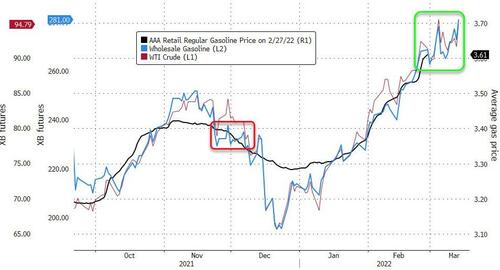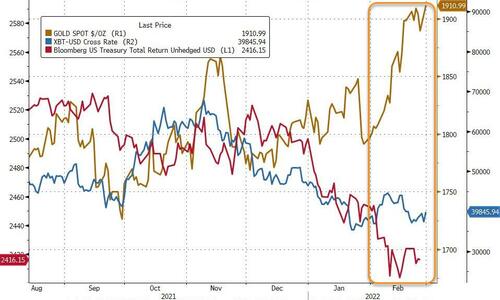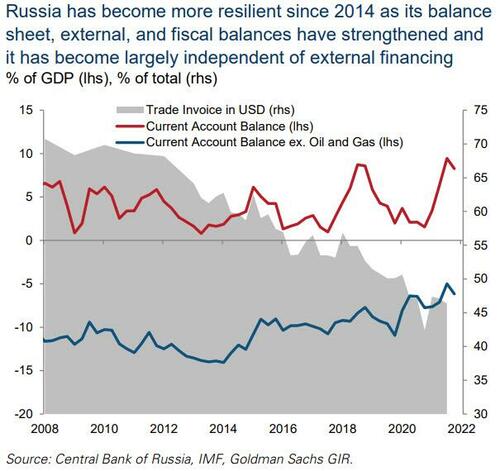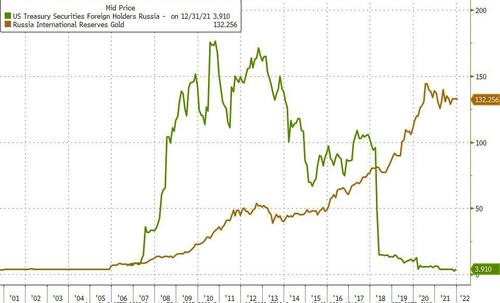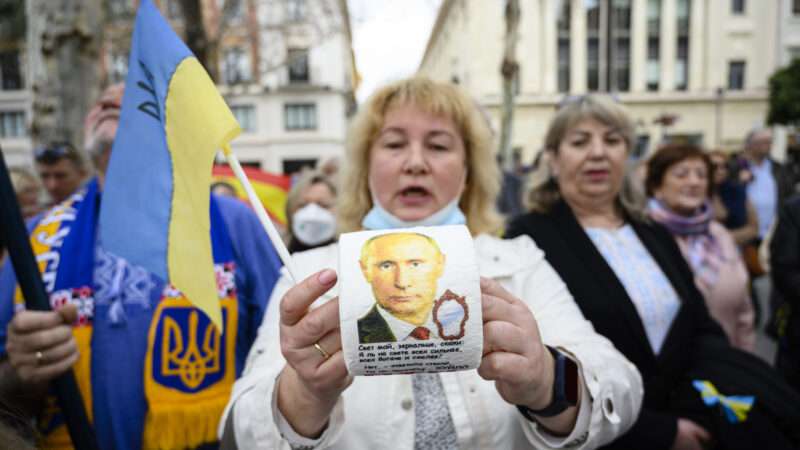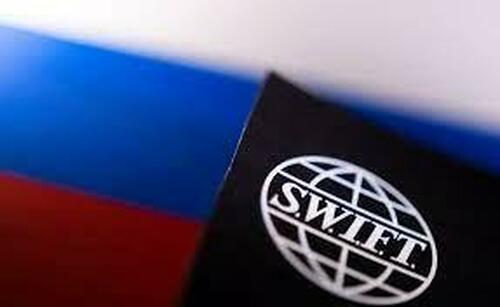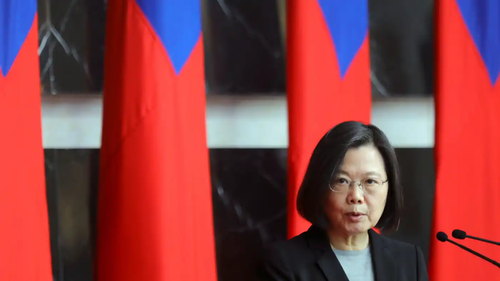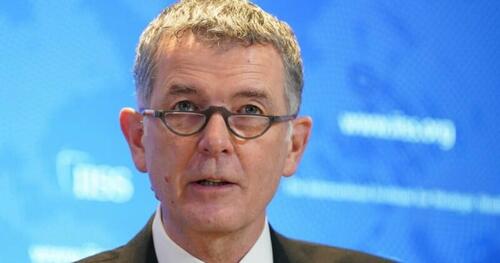I just ran across it for the first time, so I thought I’d pass it along; it’s Schoeller v. Bd. of Reg. (Mass. 2012) (opinion by Justice Fernande Duffy):
[T]he Board of Registration of Funeral Directors and Embalmers … permanently revok[ed] Troy J. Schoeller’s licenses to do business in the Commonwealth as a funeral director and embalmer … after Schoeller made comments to a newspaper reporter about his experiences in the embalming profession and those comments were later published as part of an article about Schoeller.
Schoeller did not reveal any confidential or private information about any deceased person or bereaved family members whom he had served. Rather, the board found that Schoeller had violated an ethical regulation prohibiting an embalmer from “comment[ing] on the condition of any dead human body entrusted to his or her care,” 239 Code Mass. Regs. § 3.13(7) (1998), and that he had used unprofessional language in his descriptions of dead bodies. By doing so, the board concluded, Schoeller had “engaged in gross misconduct and unprofessional conduct which undermines the integrity of the profession.” …
The conduct at issue here occurred in late 2006, when a newspaper reporter sought to interview Schoeller about a retail clothing store Schoeller had opened in the Allston section of Boston…. Among the topics discussed that evening was Schoeller’s work as an embalmer, and Schoeller made statements describing certain of his experiences. Approximately one week later, the newspaper published an article about Schoeller that included his comments about embalming[, including:]
“‘The medical examiner cut all the bones out of this infant …,’ Schoeller recalls, ‘and they did a calvarian, which means they cut the top of your head off and take out your brain. So I had a baby that looked like a bear skin rug. I had to rebuild it in nine hours. I used everything: duct tape, masking tape, tissue builder, wound filler. I worked for nine and a half hours…. I put, like, coat hangers and caulk in there and put him into a little baby outfit. He even weighed enough too, because I packed his head and his chest. He looked awesome.’ …
“Looking over the menu … before his wife arrives, Schoeller says he can’t order the chicken satay here because when he got it last time, the skewered meat had fat chunks on it. ‘I can’t eat fat like that,’ he says. ‘And I really hate embalming fat people, like people who weigh 300 pounds. Because when you cut open a fat person,’ he says matter-of-factly, ‘butter leaks out. Literally, yellow oil leaks out of the wound and floats on top of the water. If you put butter in the microwave and put it in the water, it turns into little balls — fat globules — and that’s what comes out of fat dead people. It’s so nasty.'” …
“On the walk home to the couple’s … apartment, Schoeller thinks of something else to tell me. ‘Here’s something my friends find amusing. Decomposing bodies give off methane. What your body does with methane, it puts it all in the same place, which is your bowels. So you actually fart out dead people rot and it smells like the guy you were working on today. I’ll go home and I’ll fart and [my wife] will be like, ‘Oh my God,’ and I’ll be like, ‘That was Mr. Rosenberg [a fictitious name -EV].'”
After seeing Schoeller’s statements in the article, the chapel that employed Schoeller as an embalmer terminated his employment and filed a complaint with the board….
If interpreted literally, the regulation would not only prohibit funeral directors and embalmers from discussing an essential component of their profession in the course of their personal lives, but would also prevent any comment about a deceased’s condition to bereaved family members or to authorities to whom embalmers and funeral directors are required to report. The board has construed § 3.13(7) more narrowly; it submits that the regulation prohibits only the use of “unprofessional language,” which it defines as comments made “in an undignified and salacious manner about the condition of dead bodies.” As construed by the board, § 3.13(7) prohibits an embalmer or funeral director from making any undignified comments about dead human bodies that have ever been entrusted to his or her care, including when made in a private capacity and not as a professional and when the speech is uttered outside of the presence of the deceased or the bereaved….
While the analogy is imperfect, the regulation governing the speech of funeral services professionals, like regulations governing that of attorneys, seeks to restrict speech both when embalmers and funeral directors are acting directly in the performance of their professional capacities and when they are not providing funeral services and are not speaking in the presence of the deceased or bereaved. The board found that Schoeller’s speech, which occurred while he was not rendering professional services, violated § 3.13(7) and “constituted misconduct that undermined the integrity of the profession.” Whether the board may permissibly regulate speech in this context — where the speaker is not acting in his or her professional capacity — turns on whether the restriction is narrowly drawn and whether the board’s interest is sufficient to require that the First Amendment interests at stake must “give way to other compelling needs of society.”
Here, the board has proposed that the compelling societal need to which speech rights must give way is the integrity of the funeral services profession…. As noted, the Legislature has provided that embalmers and funeral directors may be required to abstain from using “profane, indecent or obscene language” while acting in a professional capacity, and we agree that violation of such a restriction on speech could undermine the integrity of the funeral services profession. We have recognized in other contexts that there is a “special sensitivity” required in the processing and handling of a deceased human body, and that funeral services “are always rendered and most often contracted for under emotional circumstances.”
The board proposes that these interests require the broadening of limitations on the speech of embalmers and funeral directors to include comments made outside of funeral homes, and would extend the prohibition to comments made by embalmers and funeral directors in any context…. As we have described, however, regulations that attempt to limit the speech of licensed professionals when acting outside of their professional capacity must be narrow, and applied with precision to the type of speech that the board has a legitimate interest in regulating…. [W]e conclude that the board’s generalized interest in maintaining the integrity of the profession cannot outweigh the First Amendment rights of embalmers and funeral directors when acting outside of their professional capacity; and, even if the board’s interest could outweigh those First Amendment rights, § 3.13(7) is not sufficiently narrow to achieve that end.
The record contains numerous examples of circumstances in which the board’s regulation could reach constitutionally protected speech and potentially expose embalmers and funeral directors to discipline given the board’s prohibition of “unprofessional” or “undignified” comments. Among these examples are articles in professional publications in which the authors, who are funeral service professionals, comment on the condition of deceased bodies in graphic terms that some might subjectively view as undignified. {One such article describes in detail the “skin slip” that occurred as a consequence of bodies having been exposed to high heat in the fire that caused their deaths. In another article, an embalmer described as coming from Massachusetts offers a “Tech Tip”: “A dull [instrument] will prevent the cavity chemical from getting into [hollow organs] to do its job, and that may cause gas buildup.” Other articles detail the reconstruction of disfigured corpses, including a description of the swollen and distorted appearance of a body that had been shipped from overseas. The condition of the body “wasn’t good…. Some facial tissue was beginning to separate from early stages of decomposition.” One article is devoted to the difficulties of reconstructing the face of a teenage boy that had become distorted by a large tumor; the author wrote, “This distortion was (and probably still is) one of the most grotesque things I’ve ever seen in my life.” The author described the “tissues throughout the body” as “spongy and breaking down from the effects of drug treatment,” and proposed a procedure he had found useful in the circumstances to get “better control of the head.”} … Like these authors, Schoeller did not identify a particular deceased person or reveal confidential information about any decedent’s family. His comments described in detail the process of embalming the dead, an area recognized by the profession as one about which the public knows little and should be more informed….
In summary, while there may be circumstances in which the board can appropriately seek to limit the speech rights of licensed funeral directors and embalmers, in proscribing all “undignified” comments, the board has “traveled in the constitutionally unacceptable direction,” of banning a substantial amount of protected speech. The board cannot apply § 3.13(7) to restrict such a wide range of speech, nor may it limit that speech by relying on a generalized notion of the integrity of the funeral services profession.
The post An Interesting Professional Speech Case from 10 Years Ago, Involving Speech About Dead Bodies appeared first on Reason.com.
from Latest https://ift.tt/H71urnb
via IFTTT

